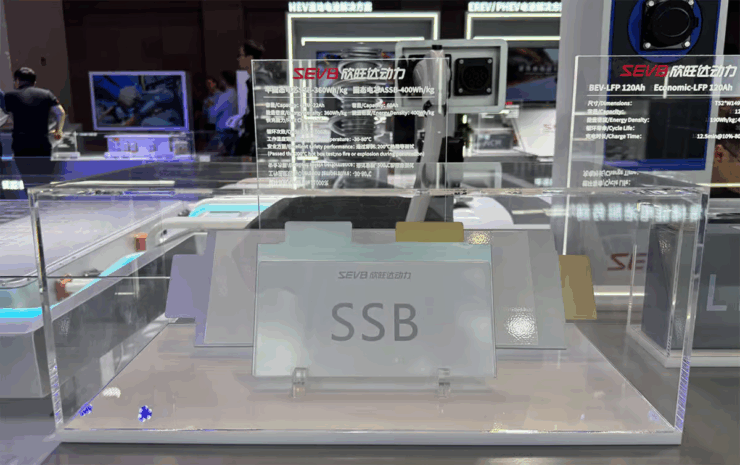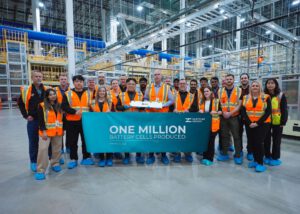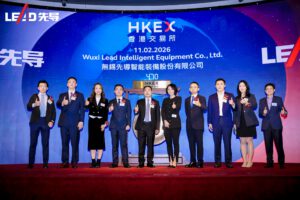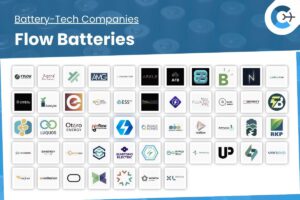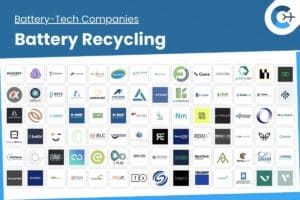At the 2025 World Power Battery Conference in Sichuan, executives from China’s leading battery and automotive firms cautioned that all-solid-state batteries are unlikely to reach large-scale commercial deployment before 2030. Speaking at a high-level forum, Wu Chengxin, vice chairman of the China All-Solid-State Battery Industry-University-Research Collaboration Innovation Platform, said extensive scientific research, equipment development, and design work remain, describing the effort as a long-term process.
China has held the world’s top spot in power battery production capacity for eight straight years. From January through September 2025, domestic power battery sales totaled 786 gigawatt-hours (GWh), while exports surpassed 129 GWh—year-on-year increases of 48.9% and 32.8%, respectively. Despite this robust growth, industry experts believe true commercialization of solid-state technology is still years away.
Yang Hongxin, chairman and CEO of SVOLT Energy Technology, said small-scale demonstration vehicles could appear by 2027, but mass production would hinge on further cost reductions and a more mature supply chain. He suggested that high-volume output may not occur until after 2030.
Deng Chenghao, vice president of Changan Automobile and chairman of Deepal, offered a more conservative outlook. He noted that achieving large-scale deployment by 2030 would be “the most optimistic” outcome, with 2035 representing a more realistic timeline. Deng also warned against overstating minor research advances as breakthroughs and emphasized that liquid and semi-solid battery formats still hold substantial promise.
Speakers highlighted rapid progress in semi-solid battery development, recommending liquid and semi-solid options for consumers purchasing EVs over the next three to five years. Hybrid solid-liquid systems were described as an evolutionary step to enhance safety and energy density while leaving room for ongoing innovation in liquid-based technologies.
Zhang Jinhua, chairman of the China Society of Automotive Engineers, unveiled a 2030 Power Battery Development Outlook, forecasting large-scale use of hybrid solid-liquid batteries by 2030 and limited deployment of all-solid-state cells around the same time. Wan Gang, chairman of the China Association for Science and Technology, urged continued innovation in high-safety, high-energy liquid batteries and efforts to overcome technical bottlenecks in solid-state and hybrid systems.
Source: Car News China

